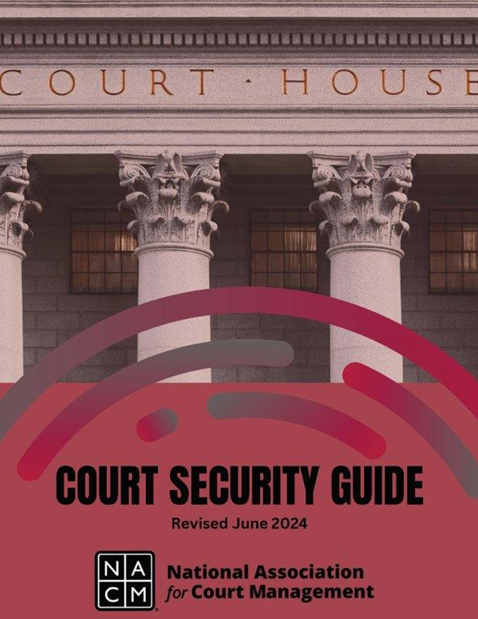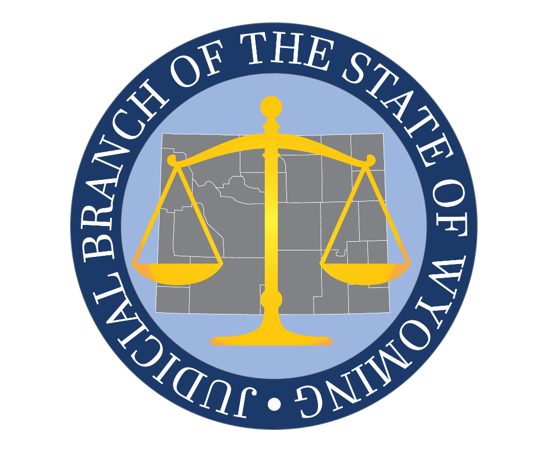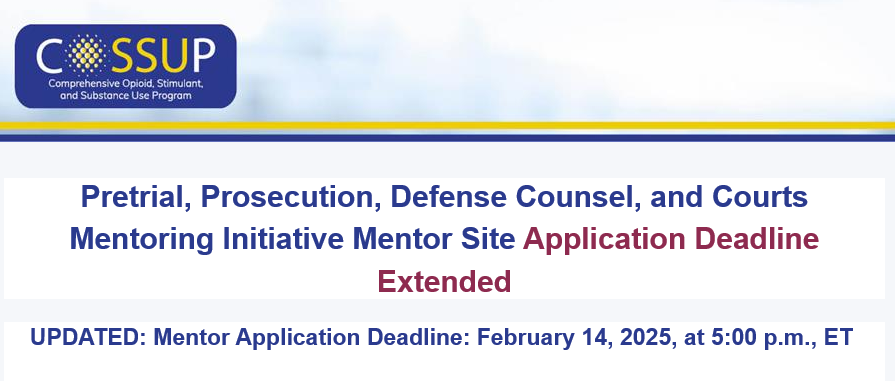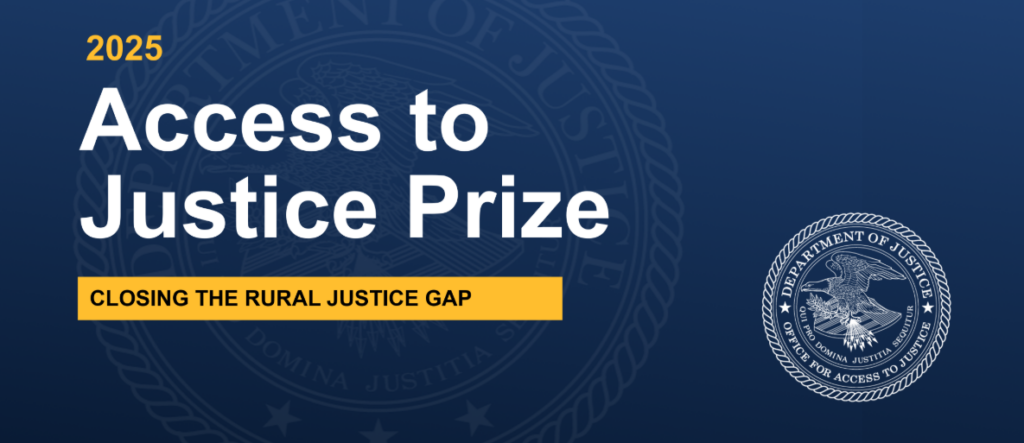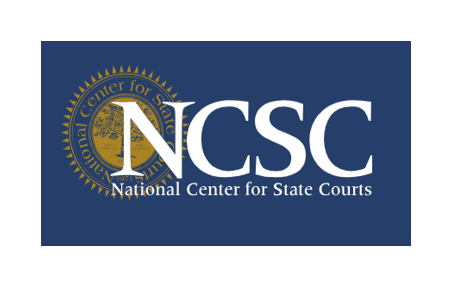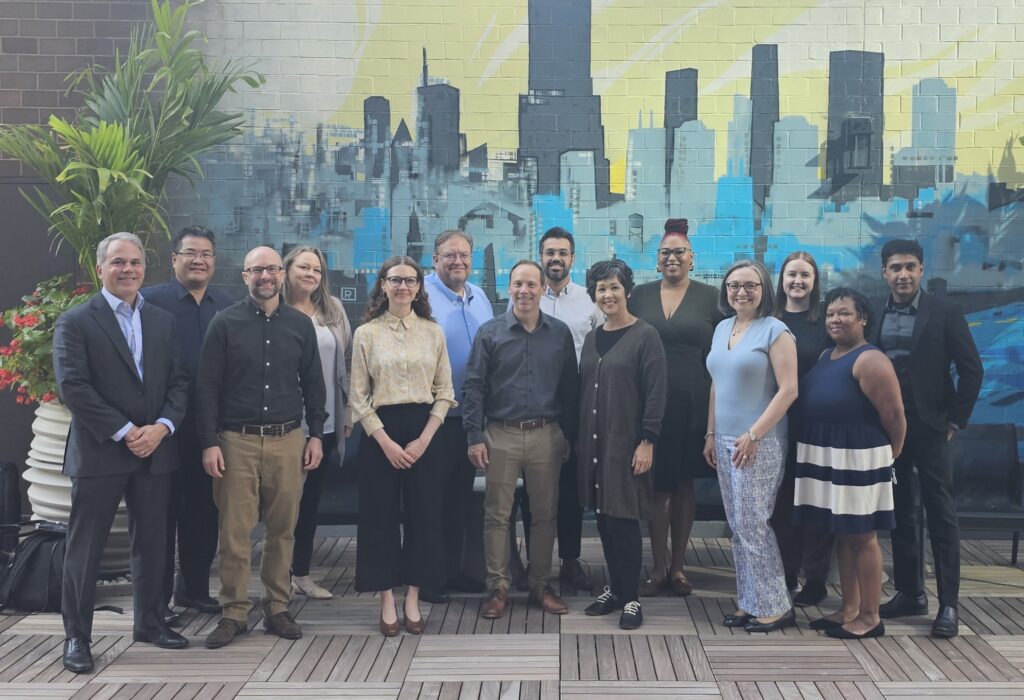Wednesday, February 26th, 2025, at 3:00PM EST
The revised National Association for Court Management (NACM) Court Security Guide incorporates the latest best practices and technological advancements to help mitigate risks and ensure the protection of judiciary personnel, visitors and facilities. The guide was developed in collaboration with security experts and court managers and provides practical strategies for implementing effective security protocols. This webinar seeks to delve deeper into the discussion on court security and provide additional resources for you to implement in your court.
Join in on February 26th, 2025, at 3:00PM EST to learn how the NACM Court Security Guide can help courts just like yours implement a new court security initiative or improve on your current security protocols. The court security guide can be purchased from the NACM store for non-members and is offered for free to members as a member perk.
Register here: Webinar Registration – Zoom
